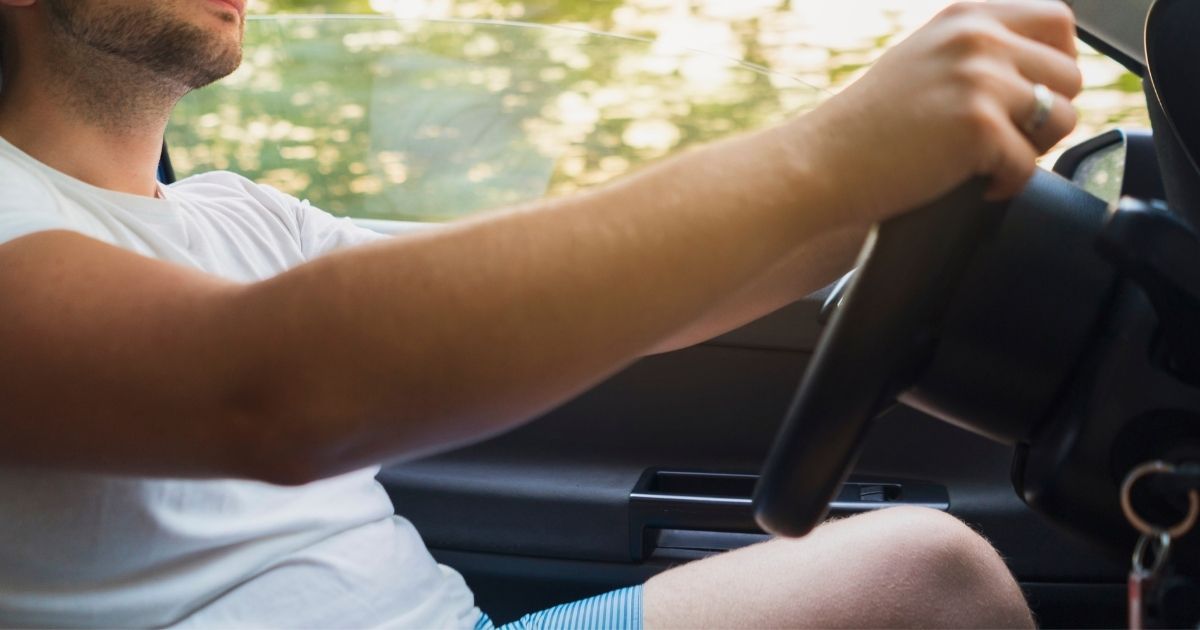What Are Safety Tips for Driving in Extreme Heat?

Going out in extreme heat can wreak havoc on both you and your car. When temperatures soar, let us tell you how to stay safe and keep your car running smoothly to avoid any car accidents.
Why Does Extreme Heat Harm Your Car?
Most manufacturers do not design their cars to endure scorching temperatures day after day. Extreme temperatures can affect your engine as it works harder to stay cool, break down or melt your rubber parts like belts and hoses, and even cause your tires to explode from the increased pressure.
Additionally, at high enough temperatures, the weather can cook your car battery from the inside out, causing the fluid to evaporate and the components to break down. And if you have the air conditioning cranked up, all these elements can cause your engine to dangerously overheat.
How Should You Get Your Car Ready?
Your car’s cooling system works overtime in hot weather, so make sure it is up to the task. Check your coolant levels and get a flush if the fluid looks dirty or if you cannot remember the last time you changed it. Also, check those rubber hoses: If they look cracked or feel squishy, replace them before they fail on you.
When the temperature rises, so does the air pressure in your tires, as well as the chance of a blowout. Check your tire pressure early in the morning before you drive anywhere, as the morning will give you the most accurate reading.
Get your air conditioner checked before the heat wave hits, and consider changing your cabin air filter. A clogged filter makes your AC work harder.
What Should You Do While Driving?
- Stay hydrated. Dehydration slows your reaction time down and causes you to make more mistakes behind the wheel. Keep a water bottle within reach and take small sips regularly.
- Avoid driving during the hottest part of the day (usually between 10 a.m. and 4:00 p.m.) if possible. If you have to take a long trip, plan to stop every couple of hours: Your car needs a break just as much as you do.
- Keep an eye on that temperature gauge on your dashboard. If it starts creeping up toward the red zone, turn off the air conditioning and roll down the windows. In an emergency, crank up your heater: This pulls heat away from the engine.
What if Your Car Breaks Down?
- If your car dies in extreme heat, safety comes first. Get off the road as far as you can and turn on your hazard lights. Call for help immediately: The last thing you should do is try to fix it yourself in dangerous heat.
- Find shade if possible. In the absence of shade, put an emergency blanket over yourself to help reflect heat. Stay hydrated and pace yourself.
- Importantly, never open your radiator cap with a hot engine. The pressure can cause boiling coolant to spray out and cause serious burns.
- Never leave kids or pets in a parked car, even for a minute. A child’s body temperature rises much faster than an adult’s, and tragedy can occur in just minutes. Even with the windows cracked, even in the shade, even when it is only 60 degrees Fahrenheit outside, cars heat up fast.
- Know the warning signs of heat exhaustion: Intense thirst, weakness, dizziness, nausea, and headache. If you start feeling any of these symptoms, get to a cool place immediately and drink water.
Professional Legal Support With a Capitol Hill Car Accident Lawyer at the Law Offices of Duane O. King
If you need help after an accident, turn to a Capitol Hill car accident lawyer at the Law Offices of Duane O. King. For a free consultation, fill out our online form or call us today at 202-331-1963. With office locations in Washington, D.C., National Harbor, Maryland, and Falls Church, Virginia, we proudly serve clients throughout Prince George’s County, including Laurel, Beltsville, Adelphi, College Park, Greenbelt, Mitchellville, Woodmore, Greater Upper Marlboro, Springdale, Largo, Bowie, Capitol Heights, District Heights, Forestville, Suitland, Seat Pleasant, Clinton, Oxon Hill, Temple Hills, and Fort Washington.
